- 1 Mahmoud Sedki Street, Shoubra, Egypt
- +20 2 24 31 02 01
- info@caritas-egypt.org

Take a step… men participate in fighting violence against women, in Assiut
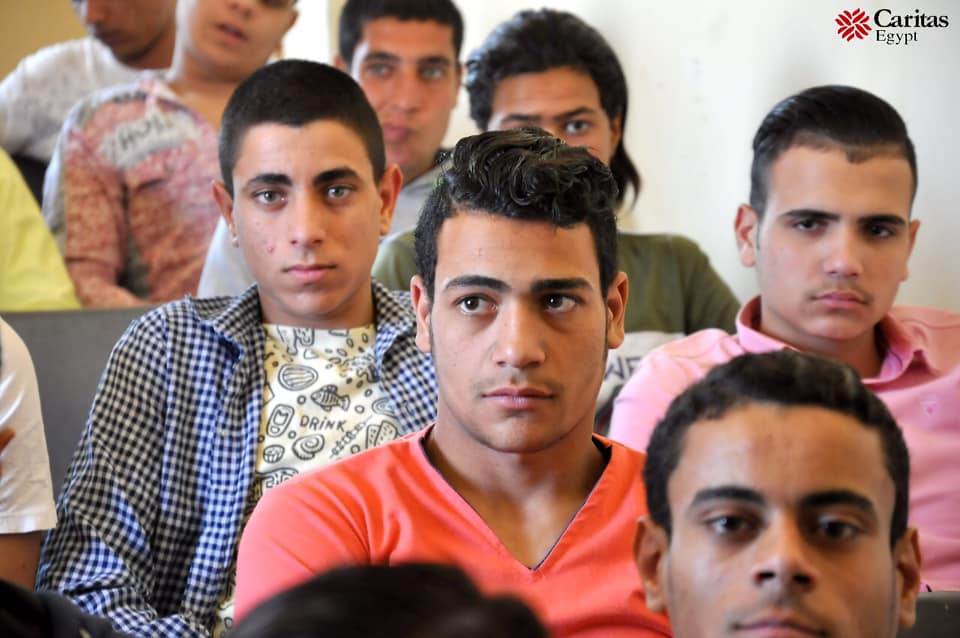
In Expertise,News The figures still indicate the high rate of violence against women in Egypt due to the persistence of various harmful practices, such as circumcision, early marriage, forced marriage, and other customs and traditions, while 42.5% of women were subjected to psychological violence , 35.1% were exposed to physical violence and 14.5% subjected to sexual
Microcredit for micro projects development -Alexandria

Self-starters Young people who do not find a job or have low income may start their own business to improve their standard of living. However, they need collateral papers to get a loan from the bank. In addition, they need knowledge and skills to successfully run their own moneymaking projects. Our approach Women participation in
The Board of Directors supervises Caritas – Egypt
In its meeting held on Monday 17th September 2018, Caritas – Egypt’s Board of Directors decided to hold an exclusive meeting with the executive management and the team-work, on October 11, 2018, at Caritas-Egypt’s headquarters to inform them about the decision number 2 adopted by the board. The decision included appointing Mr. Antoun Labib – the board
Caritas – Egypt celebrates its 50th Anniversary
Caritas – Egypt celebrates its 50th Anniversary… 1967 – 2017 Caritas – Egypt celebrated its 50th anniversary of establishment in Egypt, by raising the thanksgiving at the Divine Liturgy, on Sunday, November 26, 2017, presided over by His Holy Beatitude our Father Ibrahim Isaac, Patriarch of Alexandria for the Coptic Catholics, at the Cathedral of Virgin
Caritas Egypt automates its financial system
Caritas – Egypt automates its financial system For 3 days training on the second week of July 2017, Tito from Perspectivity conducted training around the financial reform in Caritas Egypt with 20 Accountants of Caritas’s programs coming from the headquarters and Caritas offices. Basically, the focus of the workshop was to do what we call
Warmest Wishes to Refugee Sector from Filippo Grandi
Filippo Grandi, the 11th United Nations High Commissioner for Refugees, to Caritas Egypt: Warmest Wishes for Refugee Sector.
Does Caritas Egypt need reform?
Does Caritas Egypt need reform? An interview with Reform Program Consultants Lisette Gast and Diederik Prakke … “If you want small changes, work only on your skills. If you want quantum leaps in effectiveness, work on your beliefs and habits” says management icon, Stephen R. Covey. Caritas Egypt, with its 50 year history of development
Children
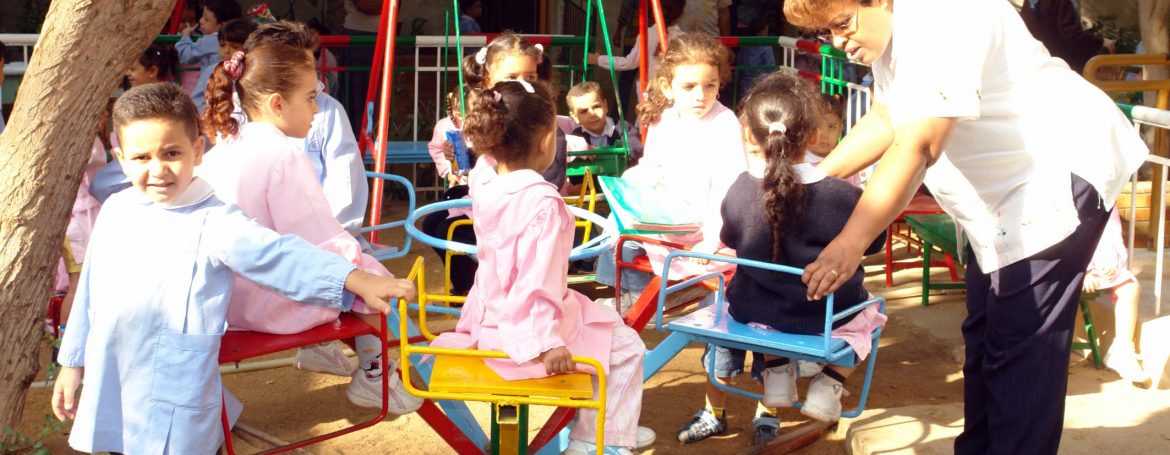
Care for children at risk Many Egyptian children miss out on the benefits of education because they are from vulnerable groups and have lost shelter and family. They originate from indigenous families or minority groups. They are disabled, are orphans or homeless, and run the risk of being abused or exploited. The Caritas nurseries/medico-social centers
Youth leadership
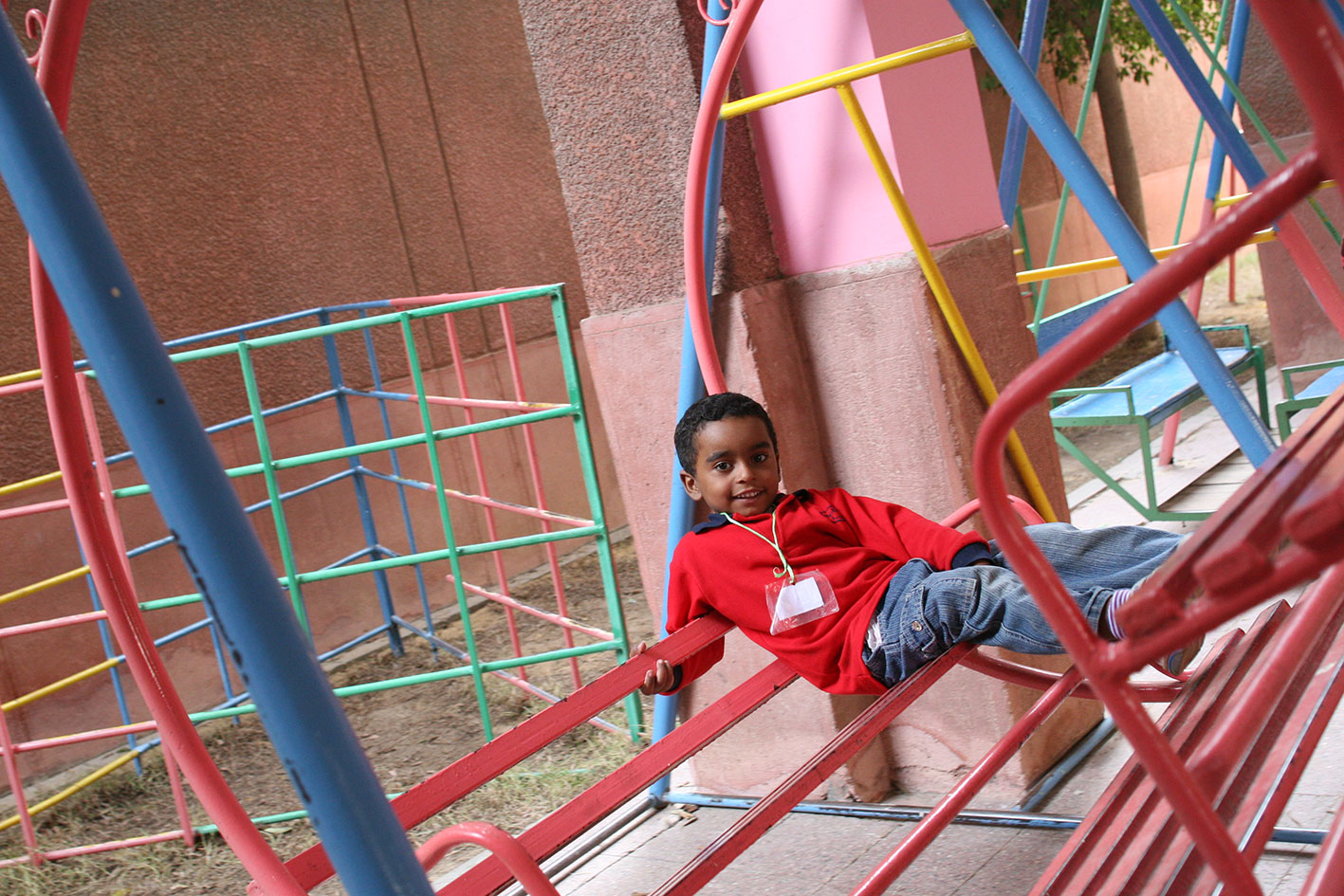
For a bright future Rather than a polarised society, we need one that is built on people that understand the power of dialogue. The leaders of the future will have to have these skills. An investment in youth is an investment in the future. We offer opportunities to youth in human, cultural and social fields,
Refugees
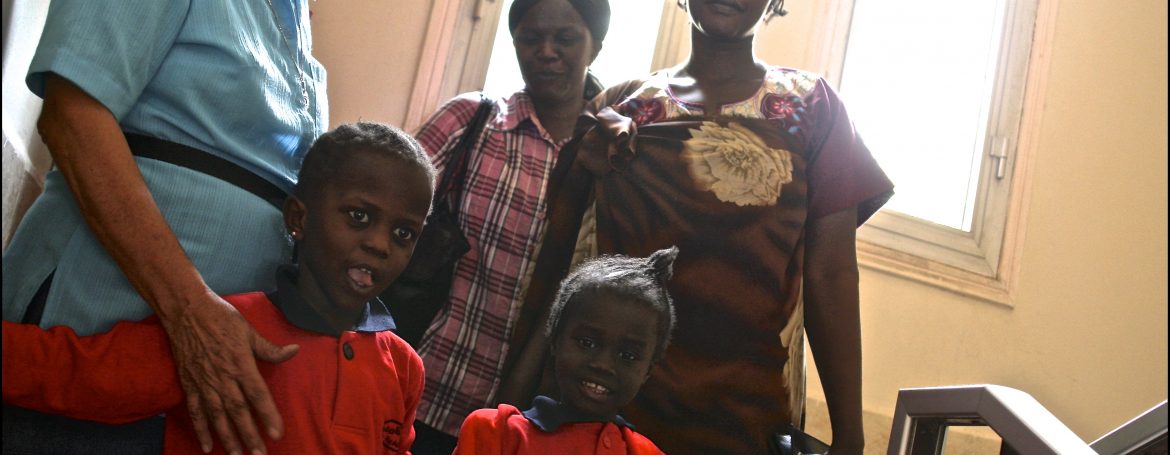
Support for refugees The Caritas Egypt Refugees office is serving refugees and asylum seekers coming from different places all over the world since 1977. Caritas provides counselling and follow-up besides a variety of services, such as medical services, vocational training, monthly subsistence allowance, and emergency grants. We implement UNHCR programs regarding provision of financial assistance
Women empowerment
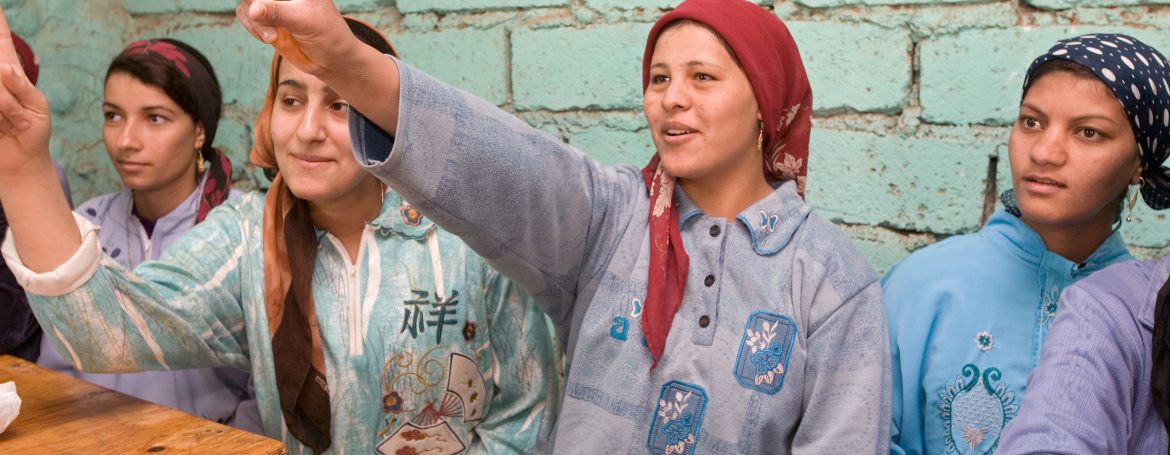
Making a real difference Women play a crucial role in the (re)construction of communities. More than most men, they cross cultural, ethnic and religious borders. They see to the healthy development of their children, the future of our society. But they don’t have equal treatment and opportunities. They suffer from genital mutilation and early age

Recent Comments